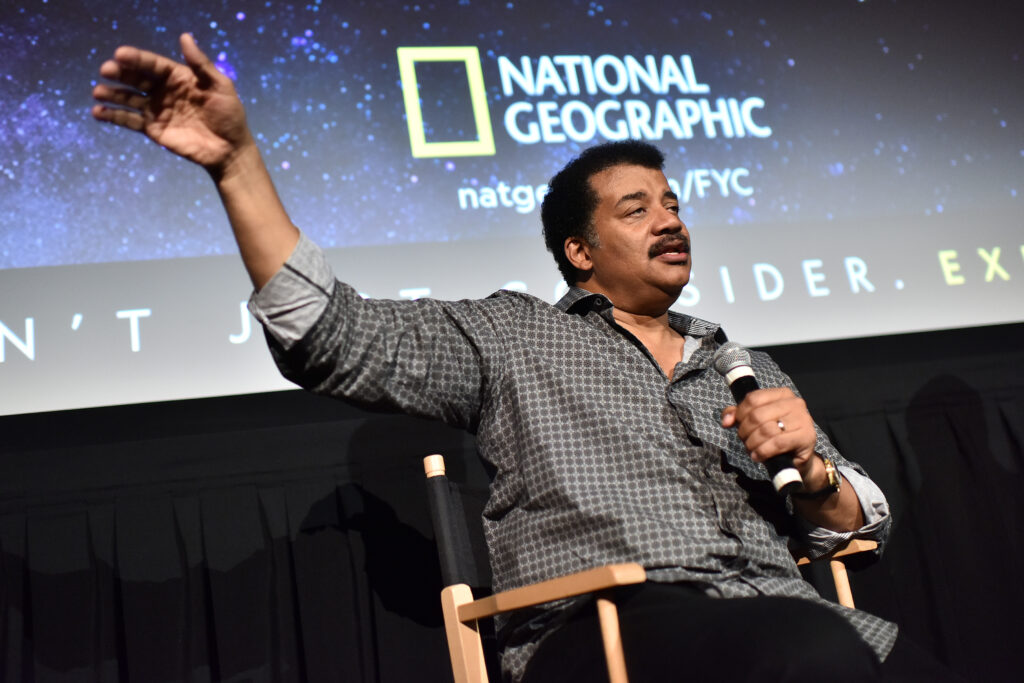
Like any professional endeavor, good science is often the result of collaboration, mentorship and inspiration. Sometimes, these influencers are prominent scientists, sometimes personal mentors.
Dr. Christopher Hoagstrom, chair of Weber State University’s zoology department, said his father was his biggest inspiration for getting into the sciences.
“My dad is a biologist, and so I kind of grew up with it,” Hoagstrom said. “My dad was doing stuff, and he took me along — sometimes he made me go along. It was something I was exposed to for as long as I can remember,”
However, these outings with his father weren’t always in-depth scientific studies.
“A lot of it was what we call natural history — just learning about nature,” Hoagstrom said. “Just enjoying being outside and learning about the different animals and plants I was seeing with my dad was hugely influential.”
Hoagstrom said having his father as his scientific mentor from an early age shaped his professional career.
Hoagstrom said beyond his father’s influence, he is inspired by a group of biologists from the 1960s–70s environmental era who made strides in the preservation of desert-indigenous fish.
Dr. David Ferro, dean of WSU’s College of Engineering, Applied Science and Technology, said Benjamin Franklin was an influence for him in his scientific pursuits.
“Ben Franklin is an obvious one because he was such a Renaissance man” said Ferro. “He was a scientist, a politician, a newspaperman, a modern marketeer and a communitarian who created public works like the University of Pennsylvania, the first Chamber of Commerce type of organization, the postal service and local hospitals and schools.”
Ferro said that besides Franklin’s many achievements, the Founding Father’s autobiography was an especially influencial book for him.
“He wrote clearly,” said Ferro. “It’s an approachable and fun read. He can be quite humorous.”
Ferro said Franklin’s efforts in rationalizing the English language to make it more American and practical, despite his failure to do so, were inspiring for him as well.
Dr. Andrea Easter-Pilcher, dean of WSU’s College of Science, has previously said her mentor and idol were one and the same.
“I looked up from afar to Jane Goodall — that was my mentor,” Easter-Pilcher said.
Goodall, a world-renown primatologist, is known for her wildlife conservation efforts.
“It’s taught us perhaps more than anything else to be a little humble,” Goodall said. “We are, indeed, unique primates, we humans, but we’re simply not as different from the rest of the animal kingdom as we used to think,” Goodall said of her research on chimpanzees.
Some of today’s most well-known scientists have their own idols and mentors who have influenced them over the course of their careers. Perhaps one of the most prominent examples is the relationship between astrophysicists Neil deGrasse Tyson and Carl Sagan.
Tyson once wrote a letter to Sagan in 1975. Tyson was just 17 years old and living in the Bronx, with dreams of one day becoming a scientist. Sagan’s response was to invite Tyson to spend a Saturday with him at Cornell University where Tyson had recently applied.
Tyson said that day influenced the rest of his life.
“At the end of the day, he drove me back to the bus station,” Tyson said. “The snow was falling harder. He wrote his home phone number on a scrap of paper. He said, ‘if the bus can’t get through, call me. Spend the night at my home, with my family.’”
Tyson said he’d always known he wanted to be a scientist, but that day, he also learned the kind of person he wanted to become.
“He reached out to me and to countless others, inspiring so many of us to study, teach and do science,” Tyson said. “Science is a cooperative enterprise, spanning the generations.”














